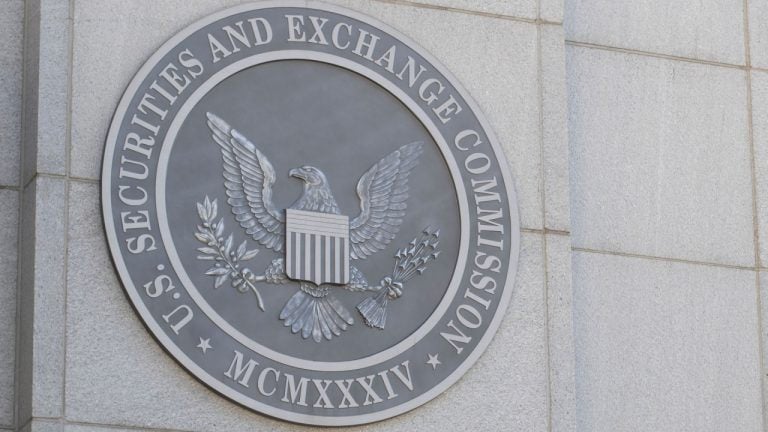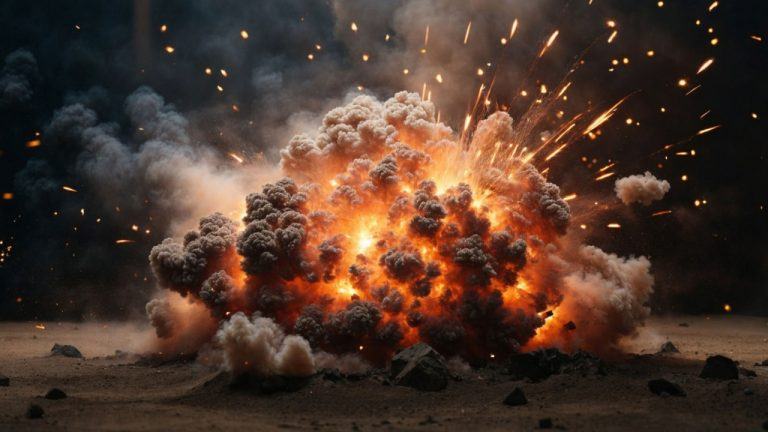Bitcoin miners in Texas have suspended operations and answered the call to conserve energy and spare the Lone Star State’s fragile power grid as demand has soared during an intense heat wave.
Companies who engage in industrial scale crypto-mining such as Riot Blockchain, Argo Blockchain and Core Scientific use millions of computers to mine bitcoin in an energy-intensive process that environmentalists say exacerbates climate change.
According to Bloomberg, these companies, which were attracted to Texas due to its lower energy costs and friendly regulatory environment, have made the state a hub of crypto-mining.
But with the mercury hitting triple digits throughout the region, the companies have complied with a request by the state’s power utility, the Electric Reliability Council of Texas, to conserve energy in order to avoid rolling blackouts.
ERCOT released a statement on Sunday night warning residents that they face a “potential reserve capacity shortage with no market solution available.”
“The heat wave that has settled on Texas and much of the central United States is driving increased electric use,” ERCOT said in a press release.

“While solar power is generally reaching near-full generation capacity, wind generation is currently generating significantly less than what it historically generated in this time period.”
So far, blackouts have been reported this week in Concho County, where 1,000 customers were without power. In total, 23,000 customers reported not having electricity.
Businesses and residents in the county located about 250 miles west of Dallas were asked to voluntarily cut back on their energy use between the hours of 2 p.m. and 8 p.m. on Monday.
In recent days, the mercury reached 107 degrees in San Antonio, 106 degrees in Austin, 111 degrees in College Station, and 110 degrees in the border town of Laredo.

“There are over 1,000 megawatts worth of Bitcoin mining load that responded to ERCOTs conservation request by turning off their machines to conserve energy for the grid.” Lee Bratcher, president of Texas Blockchain Council told Bloomberg.
“This represents nearly all industrial scale Bitcoin mining load in Texas and allows for over 1% of total grid capacity to be pushed back onto the grid for retail and commercial use.”
Crypto-miners use sophisticated computers to solve complex mathematical problems. The miners who are the first to solve the problems are awarded the next block of bitcoins.
But the mining process known as “proof of work” — whereby miners compete against each other to crack the code of an algorithm using high-powered computers — is more energy-intensive than its alternative, “proof of stake.”

“Proof of stake” mining entails miners pledging to put up a “stake” of digital coins before they can validate transactions.
“Proof of stake” mining entails miners pledging to put up a “stake” of digital coins before they can validate transactions.
Some governments have cracked down on mining after their energy grids were unable to sustain the stress caused by the process.
The halt in mining activity comes at a perilous time for the cryptocurrency industry.
Shares of companies engaged in bitcoin mining have fallen 75% this year as crypto sees record lows in value.
Bitcoin fell below $20,000 this week — a far cry from its all-time high of more than $64,000 back in November.

You can get bonuses upto $100 FREE BONUS when you:
💰 Install these recommended apps:
💲 SocialGood - 100% Crypto Back on Everyday Shopping
💲 xPortal - The DeFi For The Next Billion
💲 CryptoTab Browser - Lightweight, fast, and ready to mine!
💰 Register on these recommended exchanges:
🟡 Binance🟡 Bitfinex🟡 Bitmart🟡 Bittrex🟡 Bitget
🟡 CoinEx🟡 Crypto.com🟡 Gate.io🟡 Huobi🟡 Kucoin.




















Comments